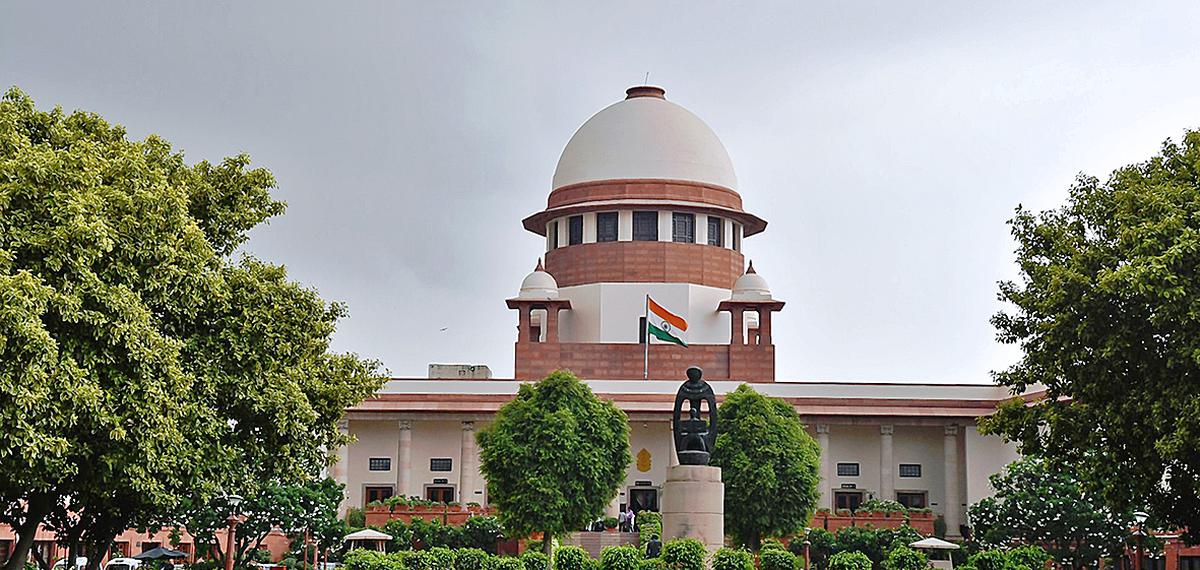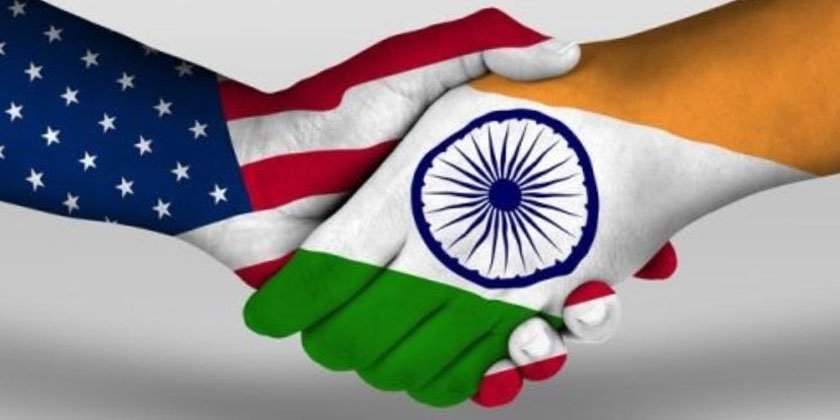New Delhi: The Supreme Court on Friday held that Insolvency and Bankruptcy Code (IBC) will prevail over the Customs Act, to the extent that once moratorium proceedings begin under the Code, the customs authority does not have the power to initiate any recovery actions for dues from the corporate debtor.
The top court also held that the customs authority cannot claim title over the goods and issue notice to sell the goods in terms of the Customs Act when the liquidation process has been initiated against the corporate debtor.
A bench of Chief Justice NV Ramana and Justices JK Maheshwari and Hima Kohli set aside an order of the National Company Law Appellate Tribunal (NCLAT) by which it had allowed the appeal of the Central Board of Indirect Taxes and Customs (CBIT-C) against the verdict of NCLT directing the release of certain goods lying in the Customs Bonded Warehouses without payment of customs duty and other levies.
The bench said, “It is to be noted that the Customs Act and the IBC act in their spheres, and in case of any conflict, the IBC overrides the Customs Act”.
The bench after analysing the IBC and the Customs Act held, “The IBC would prevail over The Customs Act, to the extent that once the moratorium is imposed in terms of Sections 14 or 33(5) of the IBC as the case may be, the respondent authority (CBI-C) only has a limited jurisdiction to assess/determine the quantum of customs duty and other levies. The respondent authority does not have the power to initiate the recovery of dues by means of sale/confiscation, as provided under the Customs Act”.
The top court was hearing an appeal filed by Sundaresh Bhatt, the liquidator of the ABG Shipyard (corporate debtor) was in the business of shipbuilding prior to the initiation of corporate insolvency proceedings against it.
On August 1, 2017, the National Company Law Tribunal (NCLT), Ahmedabad passed an order commencing the Corporate Insolvency Resolution Process (CIRP) against the Corporate Debtor and appointed Bhatt as the Interim Resolution Professional.
In the same order, the NCLT also declared a moratorium under Section 13(1)(a) of the IBC.
On August 21, 2017, Bhatt informed the customs authorities of the initiation of CIRP and sought custody of the warehoused goods of the company, and requested them not to dispose of or auction the same.
However, on March 29, 2019, the customs authority for the first time, issued a notice to the Corporate Debtor regarding non-fulfilment of export obligations in terms of the EPCG license demanding customs duty of Rs. 17, 13, 989 with interest. From April 2, 2019, to April 7, 2019, the authority issued five different demand notices to the Corporate Debtor regarding the non-fulfillment of export obligations under different EPCG licenses for various amounts.
The bench held that once a moratorium is imposed in terms of Sections 14 or 33(5) of the IBC as the case may be, the respondent authority only has a limited jurisdiction to assess/determine the quantum of customs duty and other levies.
“The respondent authority does not have the power to initiate the recovery of dues by means of sale/confiscation, as provided under the Customs Act”, it said.
The top court said that after such assessment, the respondent authority has to submit its claims (concerning customs dues/operational debt) in terms of the procedure laid down, in strict compliance with the time periods prescribed under the IBC, before the adjudicating authority (NCLT).
The bench allowed the liquidator (Bhatt) to immediately secure goods from the customs authority to be dealt with appropriately, in terms of the IBC, and allowed his appeal against the NCLAT.
The bench said. “We may note that the IBC, being the more recent statute, clearly overrides the Customs Act. This is clearly made out by a reading of Section 142A of the Customs Act. The aforesaid provision notes that the Customs Authorities would have the first charge on the assets of an assessee under the Customs Act, except with respect to cases under…Companies Act 1956, Recovery of Debts Due to Banks and Financial Institutions Act 1993, SARFAESI Act, 2002, and the IBC, 2016”.
It said that accordingly, such an exception created under the Customs Act is duly acknowledged under Section 238 of the IBC as well, and additionally, “we may note that Section 238 of the IBC clearly overrides any provision of law which is inconsistent with the IBC”.
“At the cost of repetition, we may note that the demand notices issued by the respondent are plainly in the teeth of Section 14 of the IBC as they were issued after the initiation of the CIRP proceedings. Moratorium under Section 14 of the IBC was imposed when insolvency proceedings were initiated on August 1, 2017”, it said.
The bench said that it is a clear opinion that the demand notices to seek enforcement of custom dues during the moratorium period would clearly violate the provisions of Sections 14 or 33(5) of the IBC, as the case may be.
“This is because the demand notices are an initiation of legal proceedings against the Corporate Debtor,” the top court said.






